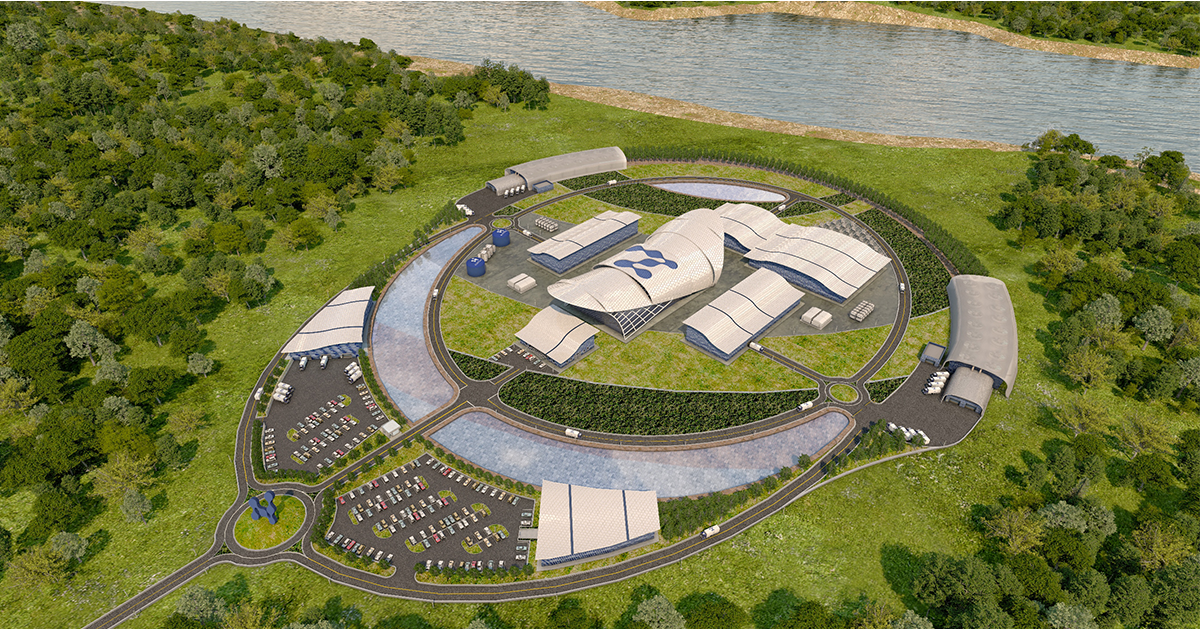Office of Nuclear Energy
JANUARY 20, 2023
The U.S. Nuclear Regulatory Commission (NRC) issued its final rule in the Federal Register to certify NuScale Power’s small modular reactor.
The company’s power module becomes the first SMR design certified by the NRC and just the seventh reactor design cleared for use in the United States.
The rule takes effects February 21, 2023 and equips the nation with a new clean power source to help drive down emissions across the country.
Historic Rule Making
The published final rule making allows utilities to reference NuScale’s SMR design when applying for a combined license to build and operate a reactor.
The design is an advanced light-water SMR with each power module capable of generating 50 megawatts of emissions-free electricity. ...
JANUARY 20, 2023
The U.S. Nuclear Regulatory Commission (NRC) issued its final rule in the Federal Register to certify NuScale Power’s small modular reactor.
The company’s power module becomes the first SMR design certified by the NRC and just the seventh reactor design cleared for use in the United States.
The rule takes effects February 21, 2023 and equips the nation with a new clean power source to help drive down emissions across the country.
Historic Rule Making
The published final rule making allows utilities to reference NuScale’s SMR design when applying for a combined license to build and operate a reactor.
The design is an advanced light-water SMR with each power module capable of generating 50 megawatts of emissions-free electricity. ...

Comment